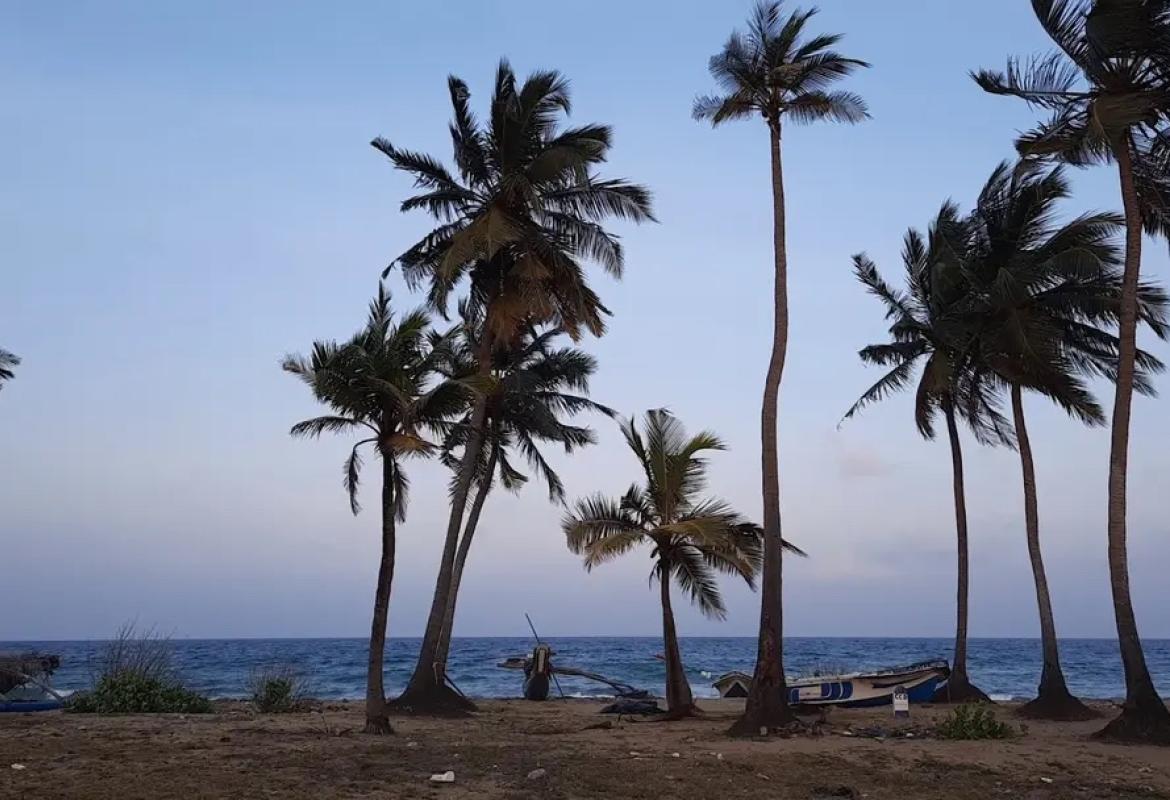I had a rare opportunity to come to know closely of the details of a Black Tiger Thurairathinam Kalairaj (Ilam Puli), who became a Martyr, when the Anuradhapura Air Base was attacked by the Liberation Tigers of Tamil Eelam (LTTE).
Ilama Puli was born on 13.10.1981 in a fishing village called Myliddy. His father was a prosperous fisherman, who owned a big motor boat. Ten people were employed by him and led a very comfortable life having his own stone built house, a motor cycle and all the other paraphernalia that go with prosperity. He had three children with Ilam Puli sandwiched between two sisters.
